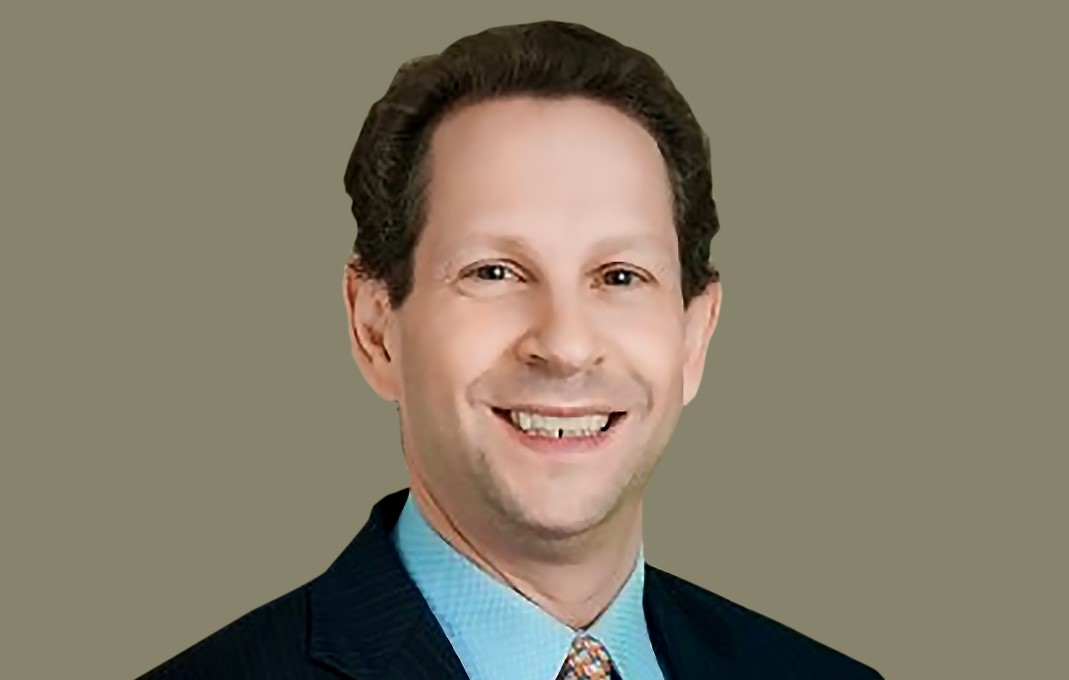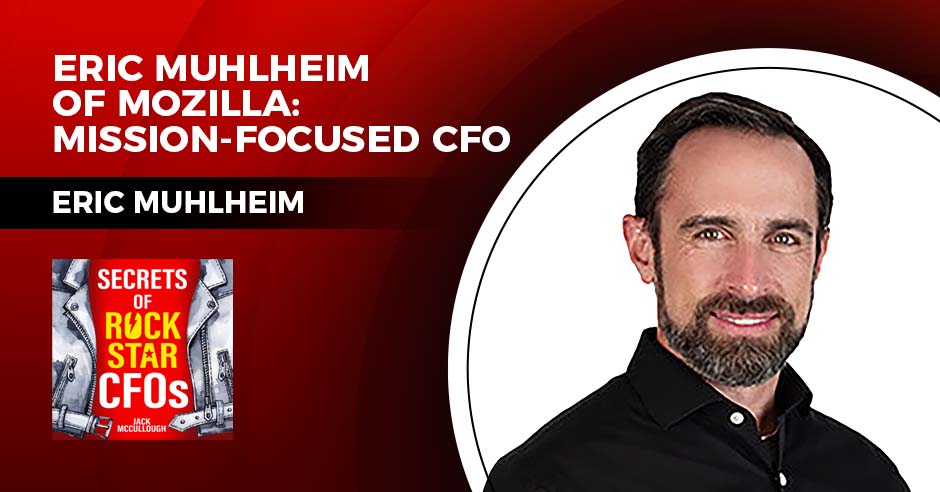As Sam Bankman-Fried’s fraud trial moved toward its conclusion—a guilty verdict that will likely put the FTX crypto-huckster in prison for the rest of his life—many investors, the media and prosecutors seemed satisfied with the outcome. A multi-billion-dollar fraud had been committed, the perpetrator had been captured. Justice has been done.
Less impressed is David Kotz, the former inspector general of the U.S. Securities and Exchange Commission who investigated the SEC’s failure to stop Bernie Madoff’s $68.8 billion fraud nearly two decades ago. His lingering question after FTX is why—at least so far—there has been no call for an investigation into how regulators failed once again to stop a financial crime of this scale, despite what appear to be many warning signs that something was not right within the firm.
“Where is the internal investigation of the regulatory agency as to how this happened?” Kotz wondered out loud during an interview with StrategicCFO360 this week. “I haven’t heard that there’s going to be one, and that’s concerning me…he had lots of communications with regulators, and yet what did they know and when did they know it? And how come they didn’t do anything?”
It’s a question that seems likely—at least for now—to remain unanswered. That’s beyond troubling to Kotz, who will be the keynote speaker at our upcoming Strategic CFO Forum at the Nasdaq MarketSite in New York on December 4 (join us—limited space is still available). He says that the reason the SEC has failed repeatedly over the years to nail fraudsters like Madoff and Bankman-Fried lies within the agency, and they—and we—have yet to learn the lessons needed to really protect the investing public from similar disasters.
The main problem, says Kotz—the aggressive inspector general who oversaw the SEC from 2007 to 2012 and spent hundreds of hours interviewing regulators in the wake of not only the Madoff fraud, but also financier Allen Stanford’s $7 billion Ponzi scheme and the insider trading scandal at Pequot Capital—is not that the agency has too few resources or is understaffed. In his telling, it’s that there is a culture—one he claims still persists—that measures success on metrics like the number of cases brought, not the importance or impact of the case, and lacks the internal coordination needed to really oversee sophisticated companies of any scale.
“So for example, in the Bernie Madoff case there were two simultaneous audits going on of Bernie Madoff, one by the New York office and one by the DC office. And neither the Washington or New York office knew the other one was doing it,” says Kotz. “When I interviewed Bernie Madoff, he was stunned that that was the case. He figured they were bluffing him. He couldn’t even believe that they didn’t know the other person was doing it.
“I don’t think that has changed since the we did the investigation,” says Kotz, who, as you’d expect, was not without his critics inside the SEC, and resigned after being accused of violating conflict of interest rules in conducting investigations into people with whom he had personal relationships.
What should CFOs and others in the finance function learn from the Madoff fraud? Kotz offers some thoughts:
- Don’t count on regulators. “I think the primary lesson is don’t count on the government,” says Kotz. “Just because somebody has been, um, audited, reviewed, analyzed, investigated, doesn’t necessarily mean that they caught something. You need to do your own due diligence. You need to look out for issues that may be concerning in terms of red flags of fraud.”
- Look beyond the checklist. “The story of the SEC through Madoff and Stanford and other frauds was that they missed obvious things. While they went through the checklist of things they were supposed to do as part of their evaluations, audits and investigations, they didn’t think outside the box and they weren’t able to uncover some rather obvious frauds.”
- Don’t miss the big picture. “The obvious thing, particularly with returns, is if it looks too good to be true, it probably is.”
- Stay suspicious. “If everybody is moving in one direction, that doesn’t necessarily mean that they’re all doing the right thing. I think just be very suspicious. You’re better off identifying potential issues and asking questions, even if sometimes those questions have a logical answer. People have a propensity to go along with things, particularly if you know it causes an issue if they present it.”
- See the obvious signs. “If somebody has money trouble or if somebody has a particular new acquisition, where did they suddenly get all this money from? Why are they acting in a different way? Those are things that need to be looked at. If there is a red flag, you need to pursue it.”
As for similarities between Madoff and Bankman-Fried, one that stands out in Kotz’s mind is how intimately involved both of them were in pushing for regulatory change, even as they were defrauding investors. “When I interviewed [Madoff] in jail, he said one of the things that he’s so upset about is that he doesn’t think that this uncovering of his fraud is going to further his attempts to have less regulation,” Kotz recalls with a chuckle. “And I said, ‘You know, I think you’re probably right about that.’”








